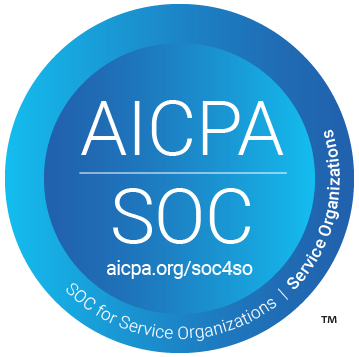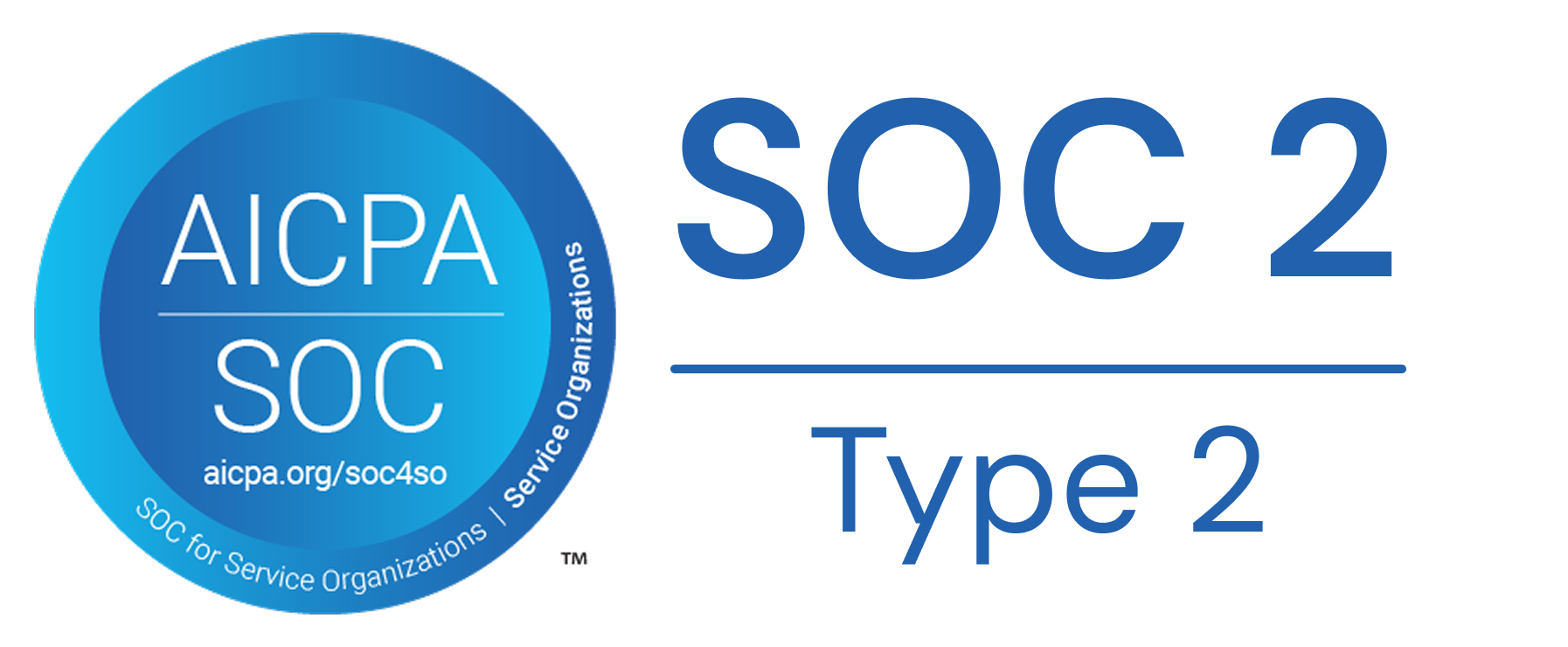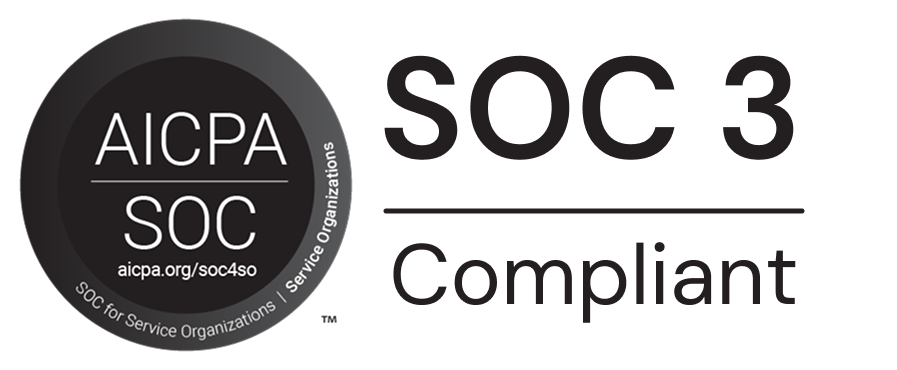Are you a scientist, educator, or business whiz eyeing a career move to the U.S.? If you’ve accomplished feats in your field that make you stand out, the O-1A visa might be your golden ticket. Our new O-1A series will walk you through what this visa is all about, who qualifies, how to apply, its perks and drawbacks, comparisons to other visa options, and some handy tips to boost your success. Let’s demystify the “extraordinary ability” discussion and help you feel confident about pursuing this unique opportunity!
The O-1A visa is a temporary work visa for individuals who can demonstrate extraordinary ability in the sciences, education, business, or athletics. It’s designed for those who are among the best in their field internationally or nationally. O-1A is often nicknamed the visa for the “rock stars” of the professional world. But don’t let that intimidate you. Extraordinary ability simply means the individual has risen to the very top tier of your area of expertise, backed by evidence of your acclaim. This blog intentionally excludes the arts and entertainment industry, which fall under a separate O-1B category. Here, we’re focusing on scientists, educators, business innovators, and other high-achieving professionals (not actors or athletes).
Key characteristics of O-1A visa: It’s a nonimmigrant (temporary) visa, typically issued for an initial period of up to three years and tied to a specific job or project in the U.S. Unlike more common work visas, there’s no annual cap on the number of O-1As issued and no fixed application window. You can apply any time, as long as your job start date is within the next year. It’s also available to virtually any field as long as you meet the high bar of extraordinary achievement. And yes, the bar is high, but if you’ve got the goods, O-1A can be a game-changer. The O-1A visa is available across a broad range of fields, from tech to academia to startups, as long as you can meet the high bar of sustained national or international acclaim.
Unfortunately, you can’t self-petition for an O-1A. That means you’ll need a U.S. employer or agent to file the petition on your behalf. For many highly qualified individuals, especially those who are just starting out or don’t yet have an employer willing to sponsor, that can be a hurdle.
That said, startup founders may still have a path forward. If you’ve established your own company in the U.S. and can prove a real employer-employee relationship (such as a board with the authority to hire/fire you), your startup may be able to sponsor your O-1A petition.
Defining “Extraordinary Ability”
What counts as “extraordinary ability” for O-1A? U.S. immigration law defines it as a level of expertise showing you are one of that small percentage who’ve risen to the top of your field. In practice, you don’t need to be the number one person in your profession worldwide, but you should have significant honors or recognition that put you in an elite category. Think of it as “proven rock star status” in your line of work.
Eligibility criteria: There are two ways to prove extraordinary ability for O-1A:
- Option 1: Show you’ve won a major, internationally recognized award. (Examples: Nobel Prize, a Fields Medal, etc., something that instantly marks you as world-class.) Few people have this, so most applicants go with Option 2.
- Option 2: Provide evidence of at least 3 out of 8-10 listed accomplishments that demonstrate your excellence. These accomplishments can include:
- Significant prizes or awards for excellence in your field. Even if not Nobel-level, they should be well-known in your domain.
- Membership in exclusive associations that require outstanding achievements for entry. For example, an academy of science or an elite professional organization where you had to be elected or vetted by experts.
- Published material about you in major media or trade publications, such as press coverage highlighting your work or contributions.
- Judging the work of others in your field, for example, serving as a peer reviewer, on award panels, editorial boards, etc.
- Original contributions of major significance in your field, like contributing to breakthrough research, innovative patents, influential business innovations, etc.
- Authorship of scholarly articles in professional journals or significant media in your field.
- Leading or critical role in distinguished organizations, for instance, you held a key position at a renowned company, university, or institution where your role impacted the organization’s success.
- High salary or remuneration compared to others in the field, indicating you command top-tier pay because of your skills.
- Significant prizes or awards for excellence in your field. Even if not Nobel-level, they should be well-known in your domain.
You don’t need all of these; meeting at least three criteria with solid documentation for each is the general rule. The goal is to paint a picture that screams, “Wow, this person is a big deal in their arena.” Typically, O-1A candidates build a portfolio of evidence: awards, media articles, letters from experts attesting to your acclaim, publication citations, patent filings, etc. Keep in mind, you also must show that you’re coming to the U.S. to work in the area of your extraordinary ability. In other words, if you’re acclaimed as a cutting-edge cancer researcher, your U.S. job should be in cancer research. The work you plan to do here should logically flow from your record of achievement.
A note on “sustained acclaim”: USCIS is looking for a track record of consistent excellence, not one-hit wonders. A single achievement like a big award is fantastic, but if you don’t have that, then showing a combination of honors, press coverage, and influential contributions over time can collectively meet the standard. The motto here could be: show you’re not just good, you’re extraordinary.
Many professionals underestimate their achievements. If you have a strong CV with notable recognitions, it’s worth evaluating against these criteria. Sometimes it’s about framing your story correctly. What might feel “normal” to you (like speaking at multiple international conferences, or having your research widely cited) could actually be evidence of how impactful you are. The key is documentation and clarity in presentation.
At Casium, we’ve helped a number of scientists, researchers, educators, and business professionals file their O-1A visa. If you are not sure where you land on the “extraordinary” scale, we will help you break it down. Our expert team will review your profile, pinpoint your strongest qualifications, and map out a custom path to help you file a strong petition.
Connect with us and get started on your visa journey.




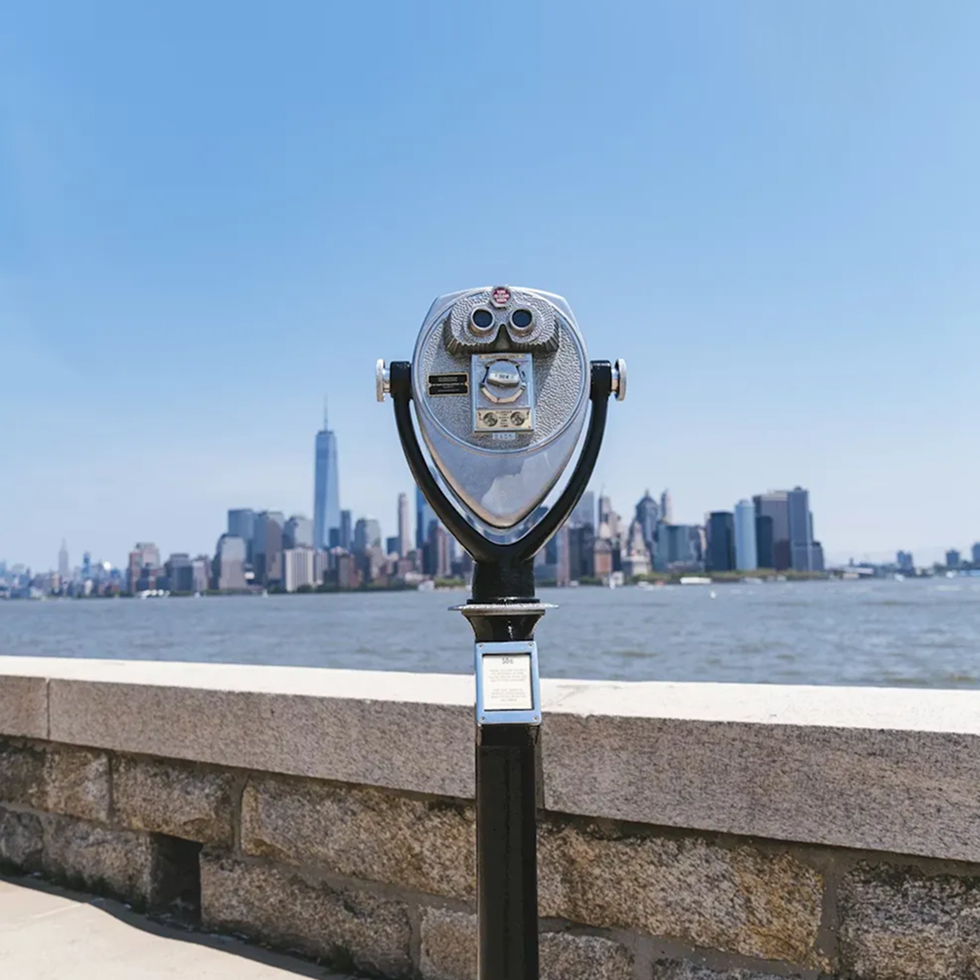
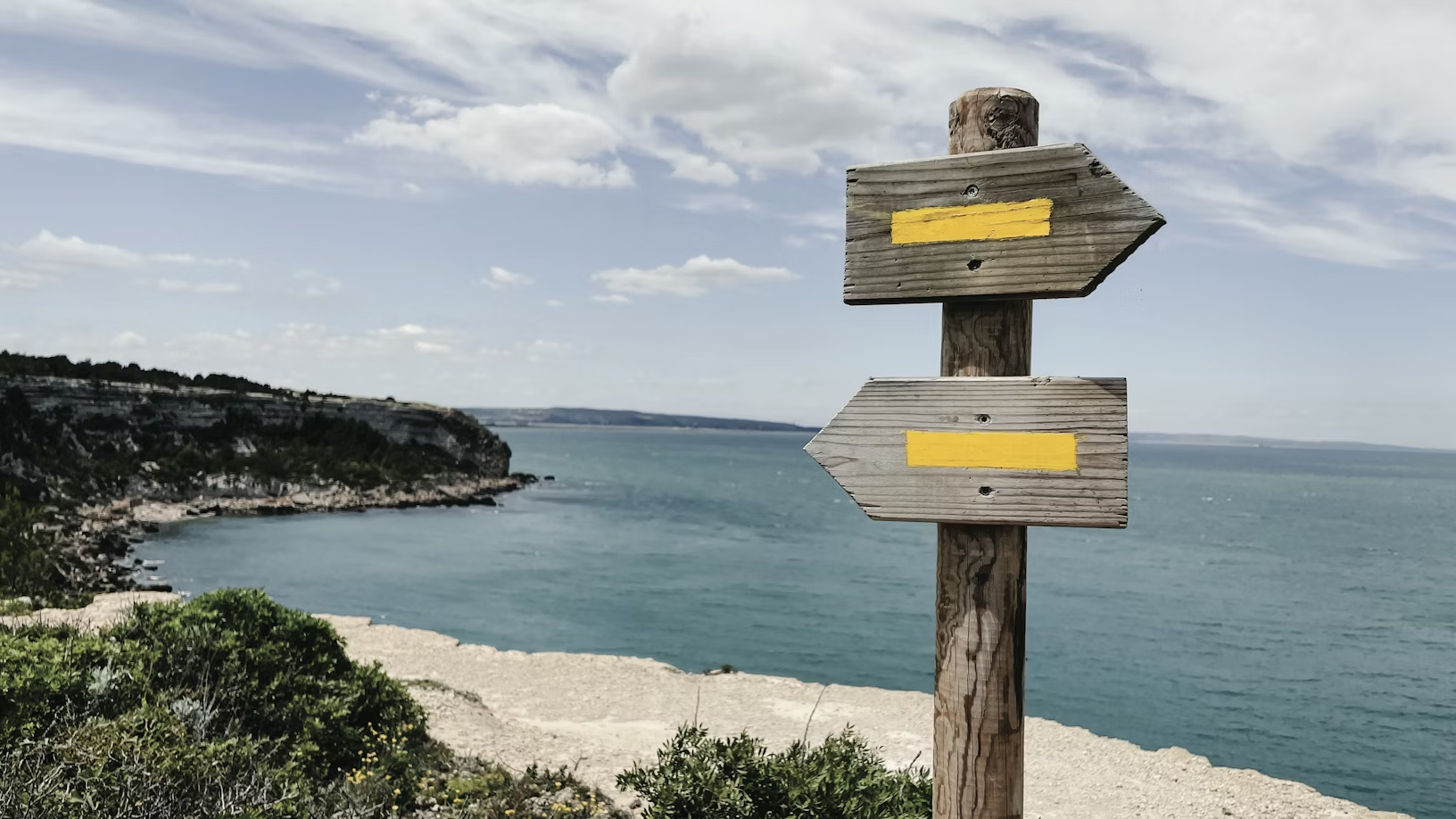




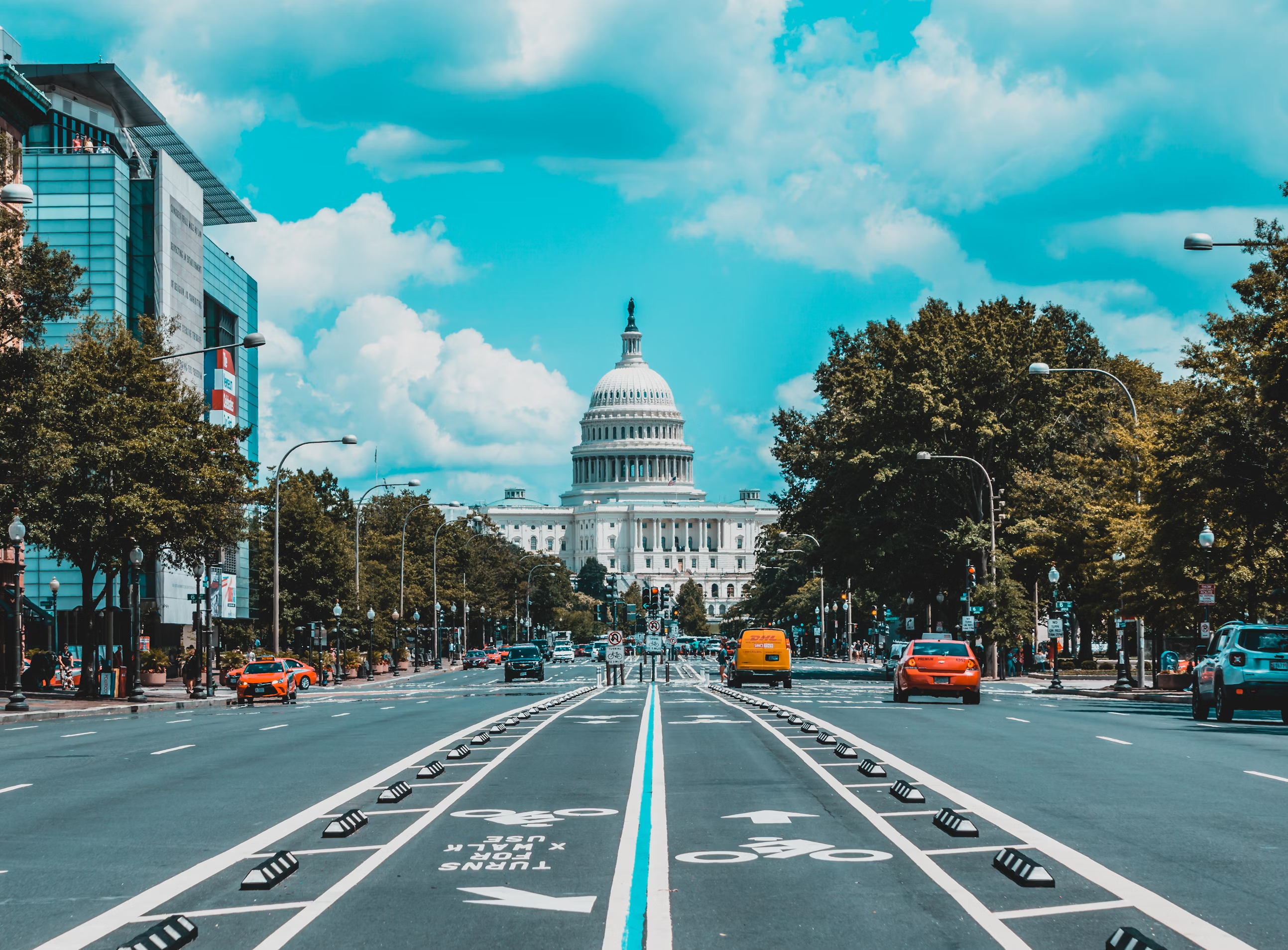


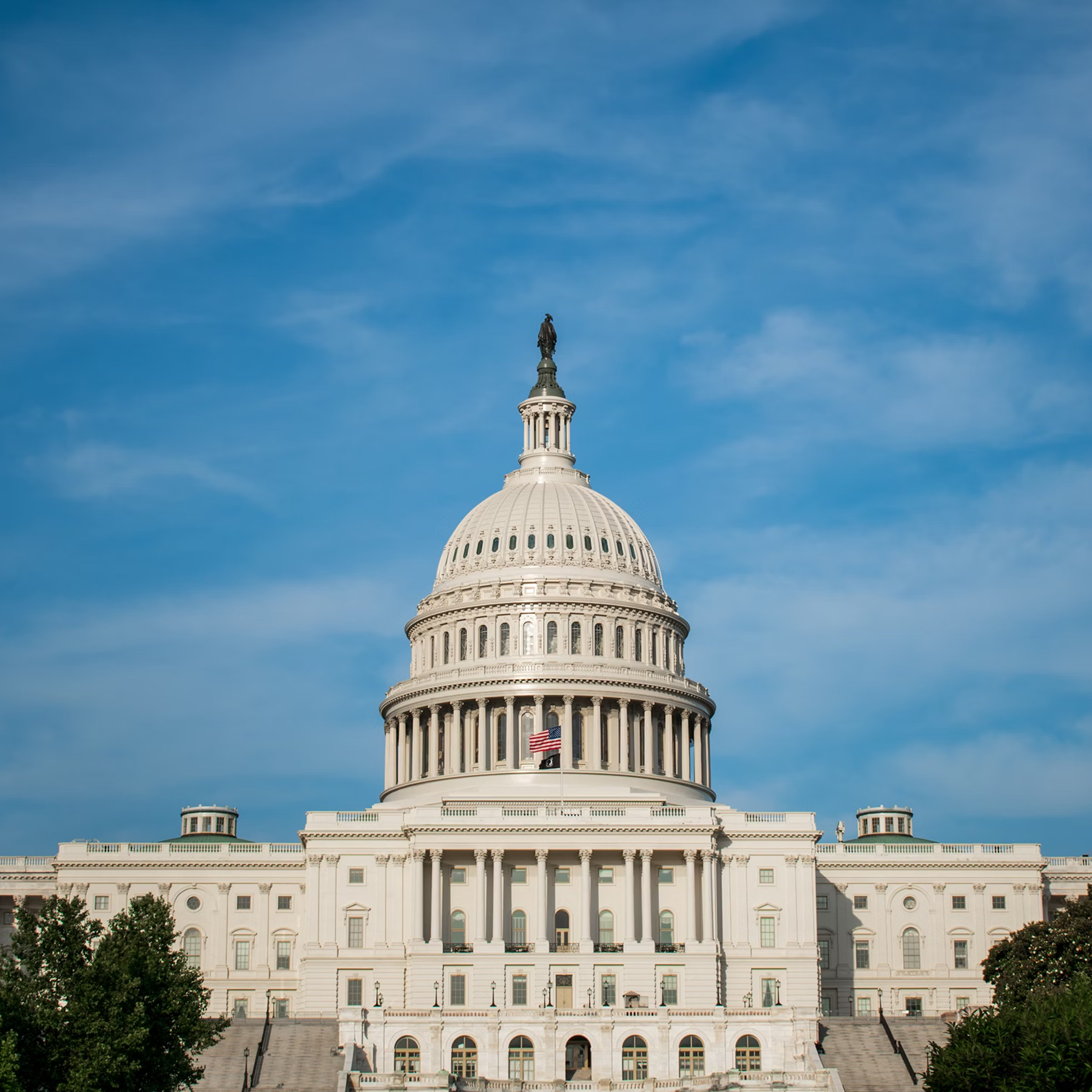


















.svg)
.svg)
.svg)





